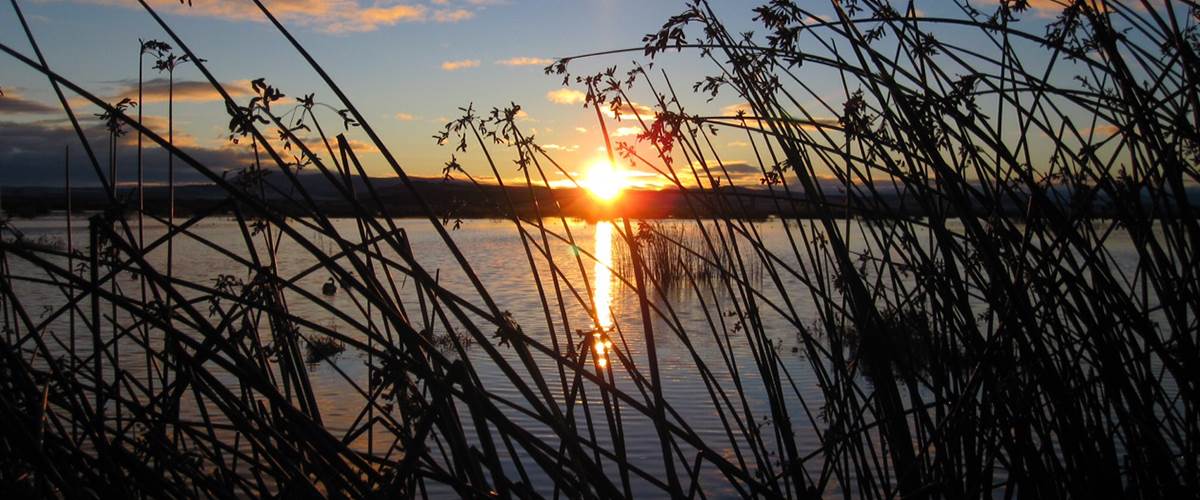The importance of outdoor recreation for communities

Wetlands are diverse and dynamic places that draw people to them. Many of the cities in the interior of the U.S. were founded on the banks of rivers and streams, and their associated wetlands were favorite and productive places for people to fish, hunt and gather food. These rich outdoor traditions continue today as people gather for fellowship, tradition and to be nourished by time in the great outdoors.
Today, 22 of the 32 largest U.S. cities are located on coastal estuaries, in places like Boston, San Francisco and Tampa Bay. These wetlands provide places for people to hunt and fish, birdwatch, hike, kayak and take photographs. Forty three percent of U.S. adults visit an estuary at least once each year generating $12 billion in annual revenue. For example, Don Edwards National Wildlife Refuge on San Francisco Bay, the first urban refuge in the United States, hosts almost 900,000 visitors each year giving people the opportunity to learn and see firsthand the many benefits that wetlands provide to people and wildlife.
Outdoor recreation is big business for the entire country. From small rural areas to large bustling cities, outdoor recreation generates $887 billion in consumer spending annually which is more than people spend on pharmaceuticals and fuel combined. The demand for outdoor recreation creates 7.6 million American jobs and generates $59.2 billion in state and local tax revenue.
Outdoor recreation is not only important for our economy, it is also important for our health. Wetlands provide places for people to be outdoors and be active which growing scientific evidence indicates improves our wellness. Indeed, contact with nature positively impacts blood pressure, blood chemistry, stress levels and happiness. When we are outdoors the air is cleaner, we are more active, and our senses are heightened.
Ducks Unlimited uses cookies to enhance your browsing experience, optimize site functionality, analyze traffic, and deliver personalized advertising through third parties. By continuing to use this site, you agree to our use of cookies. View Privacy Policy